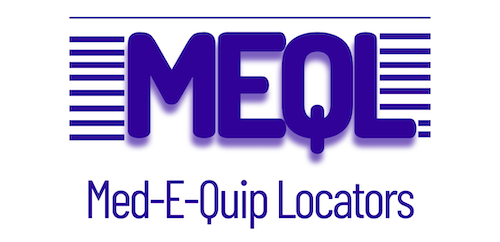Master Medical Equipment wants to keep their customers up-to-date and informed on any FDA regulatory actions that may cause issues or problems within their course of business. One of the most comprehensive actions taken by the FDA is the institution of the Pre-Market Authorization (PMA) requirements that will directly affect all automated external defibrillators (AEDs) and AED-capable devices. MME aims to help educate and inform end-users in its industry who will be dealing with the financial and operational issues caused by this action.
To make AEDs and AED capable devices more reliable, the FDA made a final order stating that current and future devices with an AED function would have to go through the more robust PMA process to carry the FDA’s approval. This includes AEDs for public access and any ALS defibrillator in professional settings with AED or analyze functions. There are thousands of defibrillators currently in hospitals and surgery centers around the country that will be affected.
Device OEMs are not the only ones required to submit to this PMA ruling. Aftermarket manufacturers of all AED and defibrillator accessories such as batteries, pad electrodes, adapters, and other patient hardware must file a PMA. As a result, if an AED or AED-capable device is not PMA approved, no accessory, part or supplies will be manufactured after February 2022.
Contrary to some rumors, all previous 510k approved devices are still usable until the needed parts or accessories become no longer available. However most of these devices are meeting the end of their life cycle.
MME advises their customers to make plans to replace their units as budget permits in the next 4 to 8 months. Some of these legacy units can be supported or serviced for a short time past February 2022.
Since the deadline has passed, critical parts and accessories for your unit might already be gone from the market, with no way to resupply. AED and defibrillator pads have an expiration of 24-36 months. Similarly, most batteries will last 2-4 years. MME also sees strong demand for used PMA-approved devices. If you find yourself with non-PMA defibrillators, MME recommends several cost-effective steps you can take in order to be ready to save a life while staying in FDA compliance.
- If you are low on stock of pads, batteries, or other vital components, try to restock as soon as possible. The worldwide inventory of your accessory, if it exists, will not last long.
- Upgrade to a re-certified defibrillator that satisfies regulations. Contact your distributor for options that will give you a low long-term cost of ownership. They should be able to offer a solution, such as re-certified units, in a cost-effective manner.
- Look into rental units or finance-to-buy solutions. Rentals provide a short-term solution, and financing spreads the cost over a manageable time.
- The sooner you act, the better. Your distributor might be able to offer trade-in value for your unit or find a temporary solution that saves you money in the long run.
Consider JEM Financial for your medical equipment financing needs.
To reach out to Master Medical Equipment today, click here!






